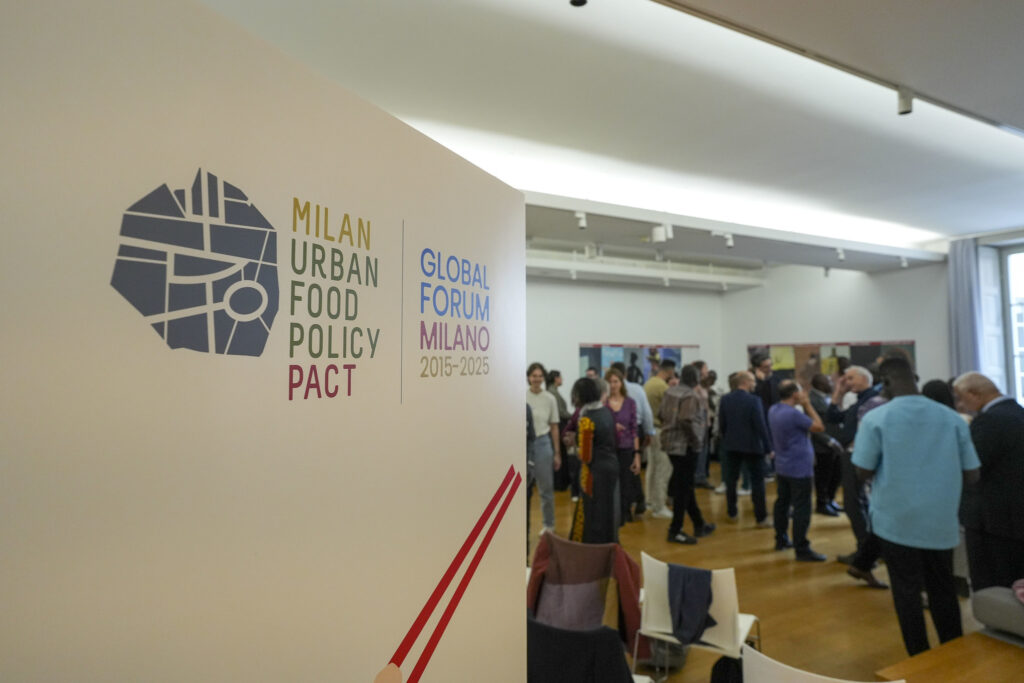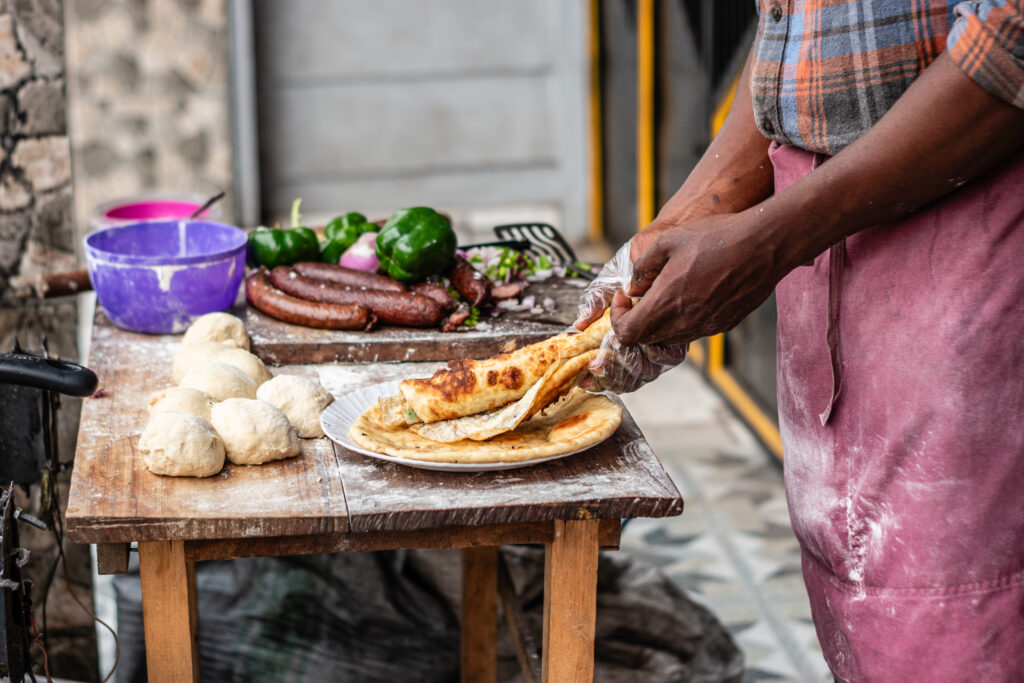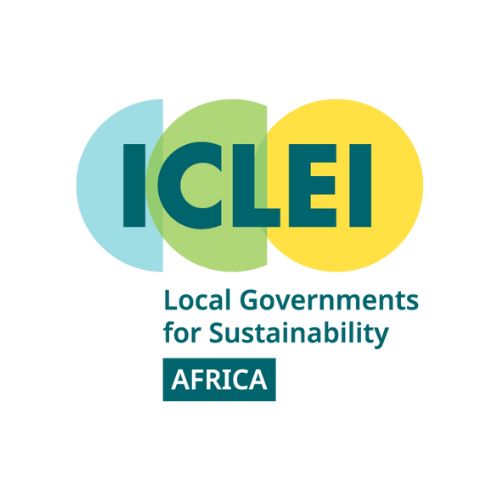Home » Explore the latest project news » Unlocking Urban Food System Resilience through Open Innovation
Unlocking Urban Food System Resilience through Open Innovation
Insights from RISE Africa 2024
In May 2024, stakeholders from across Africa and Europe convened online for the session “Transforming Urban Food Systems: Unlocking the Potential of Open Innovation in African Cities” as part of RISE Africa. Co-organized by EStà – Economics and Sustainability, and ICLEI Europe, the event explored how open innovation can help African cities build resilient, sustainable food systems. The session brought together policymakers, business incubators, and city officials to share insights and strategies for addressing urban food challenges through collaborative innovation.
AfriFOODlinks: Building food resilience through collaboration
At the event’s opening, Angelé Tasse from ICLEI Europe introduced the AfriFOODlinks project, a African-European initiative launched in December 2022 and running until November 2026. Through city clusters and peer-to-peer learning, AfriFOODlinks promotes sustainable food systems in Africa by emphasising knowledge sovereignty and community-driven policies. Local participation, especially from women and youth, is central to the project’s mission of empowering cities to take ownership of their food environments.
A key aspect of AfriFOODlinks’ approach is “open innovation,” a model that leverages both internal and external resources to promote sustainable solutions for complex food systems. It includes practices like crowdsourcing, partnerships, and the use of innovation intermediaries. With this model, the project encourages collaboration among African and European cities to address shared challenges and implement innovative urban food practices.
Leveraging open innovation in urban food systems
Open innovation fosters collaboration across organisations, facilitating creative problem-solving by bringing diverse perspectives together. Representing EStà, Bianca Minotti and Andrea Calori highlighted how open innovation involves “process enzymes”—facilitators who guide collaboration across institutions, businesses, academia, and civil society. These collaborations drive sustainable change by breaking down silos and integrating new ideas.
For example, the Toolkit for People project in Mlomp, Senegal, spearheaded by ACRA Senegal and local government. The project tackles waste management challenges through open innovation and circular economy practices, engaging citizens in selective waste collection and recycling initiatives. Mlomp’s approach includes participatory mapping and data scenario modelling to create community-driven waste management solutions, transforming waste into valuable resources and fostering economic opportunities in recycling.
Insights from roundtable speakers on open innovation applications
In the event’s first roundtable, experts discussed open innovation’s application in education, governance, and business. Giuseppina Miuli from CIHEAM Bari emphasised the importance of using open innovation across multiple sectors, from design thinking in educational programs to collaborative projects in businesses and startups. CIHEAM’s initiatives bring together students from Mediterranean countries to devise solutions tailored to human needs, which results in grounded, locally relevant innovations.
Lorenzo Labellarte, also from CIHEAM Bari, discussed using living labs as collaborative spaces for policy development. He shared an example from the Metropolitan City of Bari, where stakeholders—including citizens and students—co-developed a food policy addressing issues like food waste and land recovery. Labellarte’s example underscored the power of connecting community practices with broader innovation efforts through a participatory policy-making process.
From the perspective of governance, Daniel Adeniyi of ECDPM described open innovation’s role in bridging government, academia, and industry. This approach empowers local governments to access ideas beyond those offered by traditional consulting firms, ultimately fostering more efficient, community-driven solutions. Adeniyi highlighted the importance of institutional support and open data access to enable innovation across multiple levels of government.
Diverse approaches to open innovation in food systems
During a second roundtable, speakers presented a range of experiences and approaches to implementing open innovation in urban food systems. Tamsin Faragher, Principal Resilience Officer from the City of Cape Town, emphasised that innovation must be transversal, integrating all departments of city governance rather than being confined to specific areas. She shared a pilot project where Cape Town’s city officials worked together across departments to design urban spaces, demonstrating that the process of collaboration itself is often the most transformative aspect of innovation.
Rose Achieng, Agrinutrition Coordinator in Kisumu County, Kenya, described how open innovation enhances transparency and inclusivity in city policy-making. In Kisumu, engaging the public in developing a city food strategy strengthened local governance by empowering citizens and aligning policy with community needs. Achieng’s insights reinforced the value of collaborative governance, where shared resources and responsibilities lead to more effective and sustainable solutions.
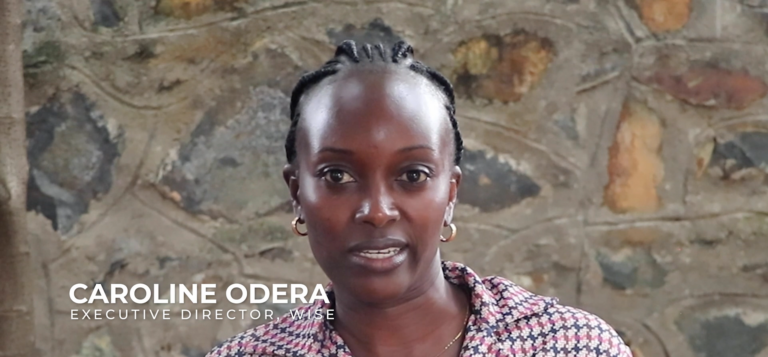
From an entrepreneurial perspective, Caroline Odera, Founder and Executive Director of Women in Sustainable Enterprises (WISE), advocated for innovation networks within incubators to foster collaboration and support sustainable business models. Odera explained that hackathons, idea competitions, and crowdsourcing offer powerful ways to generate innovative solutions for food systems. Additionally, she proposed creating knowledge hubs in incubators to connect entrepreneurs with the information they need, particularly those in rural areas with limited digital access.
Nthakoana Maema, CEO of Oribi, discussed the importance of designing innovation processes around core values, urging organisations to remain adaptable when initial plans encounter challenges. Maema stressed the need to empower underserved communities, encouraging them to bring their creative intelligence to the table as active contributors. She also highlighted the importance of context-driven definitions for key concepts like “food security,” ensuring that solutions reflect local realities and empower entrepreneurs to experiment and grow.
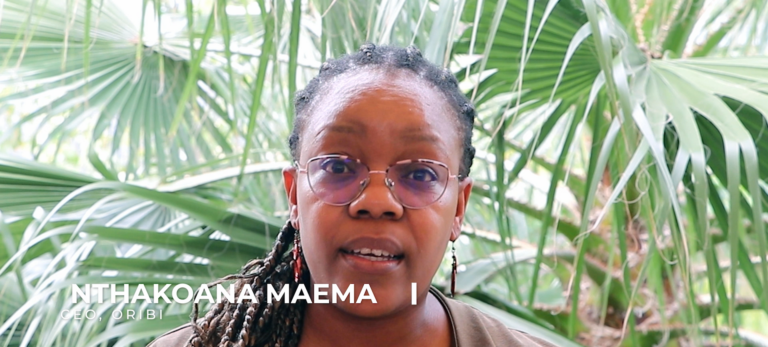
Localised innovation: Combining external expertise with local knowledge
Concluding the event, Andrea Calori of EStà restated the need for localised innovation, combining local knowledge and resources with external expertise to address community-specific challenges. Calori expanded on the Toolkit for People project in Senegal, which incorporated local voices into waste management practices to ensure solutions were both technically sound and community-supported. He suggested that open innovation’s success relies on creating shared spaces for community action, establishing accessible knowledge platforms, and supporting local and higher-level institutions.
The path forward: Building resilient food systems through open innovation
By fostering collaboration, encouraging local participation, and integrating diverse perspectives, open innovation supports cities in developing sustainable food systems that respond to both local and global challenges. As African cities work towards food resilience, RISE Africa’s event showcased how long-term solutions require not only innovative technology but also collaborative processes that harness local expertise. Through open innovation, cities across Africa can create food systems that are resilient, inclusive, and sustainable, providing a model for the world.
Explore
"Uncategorized"



